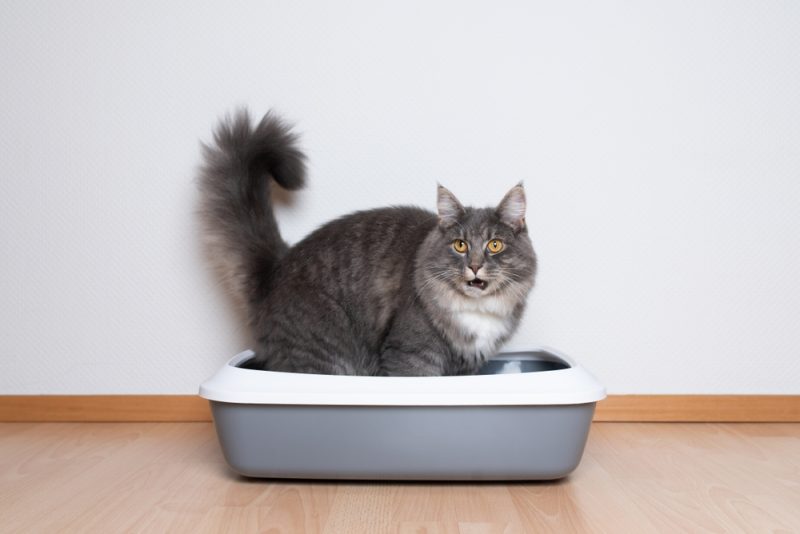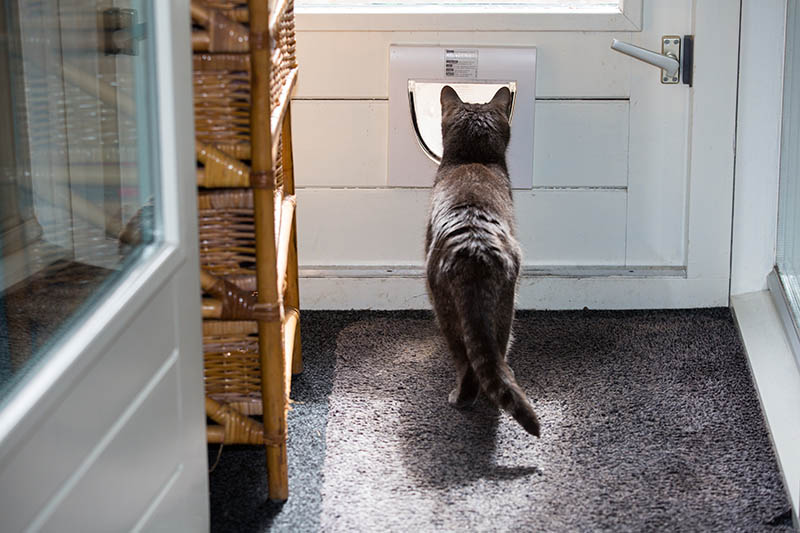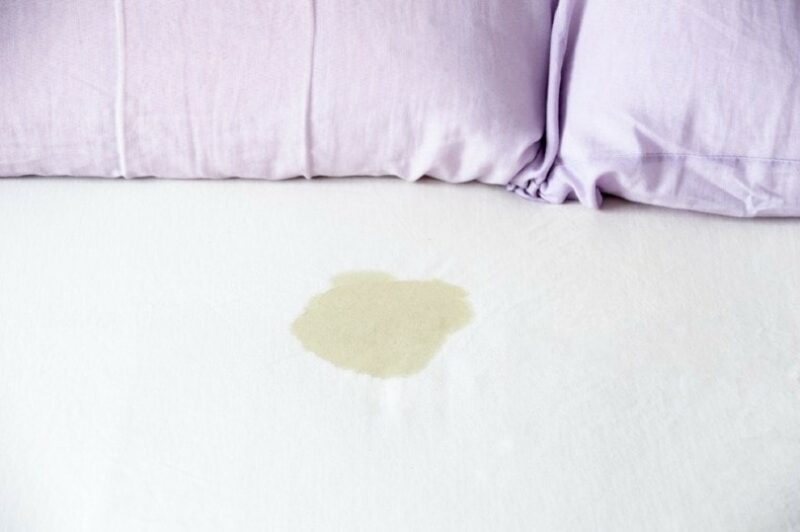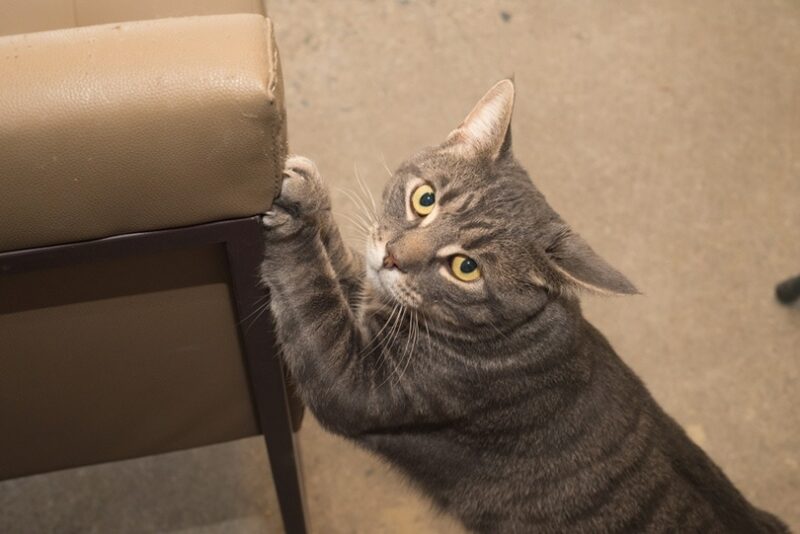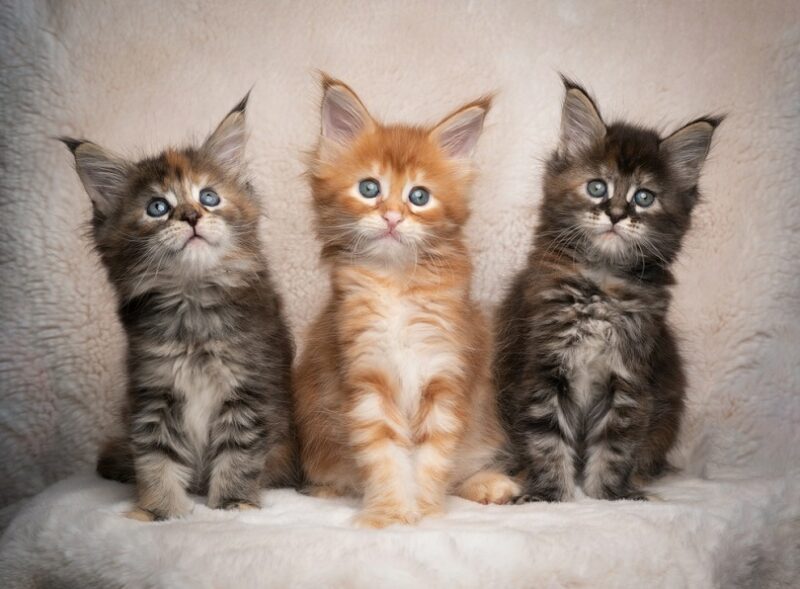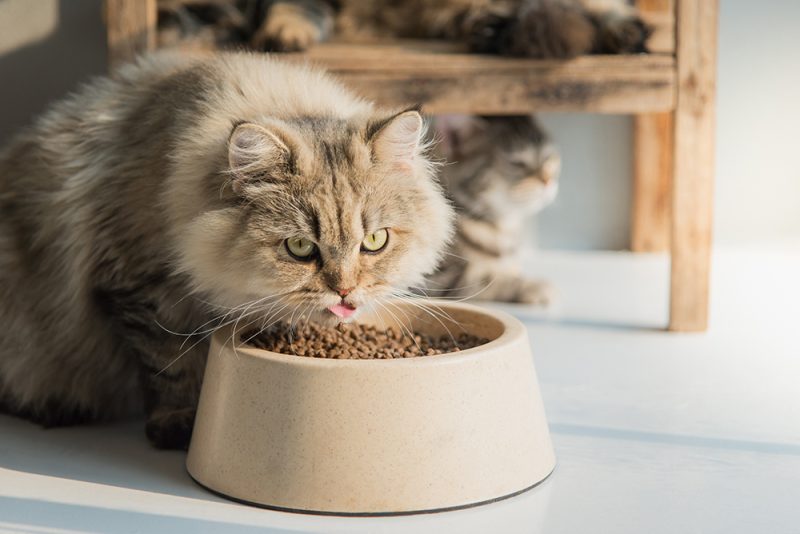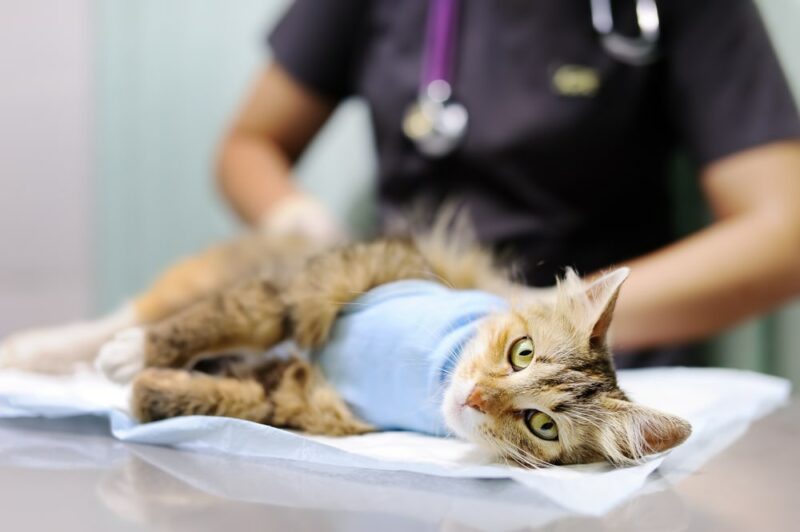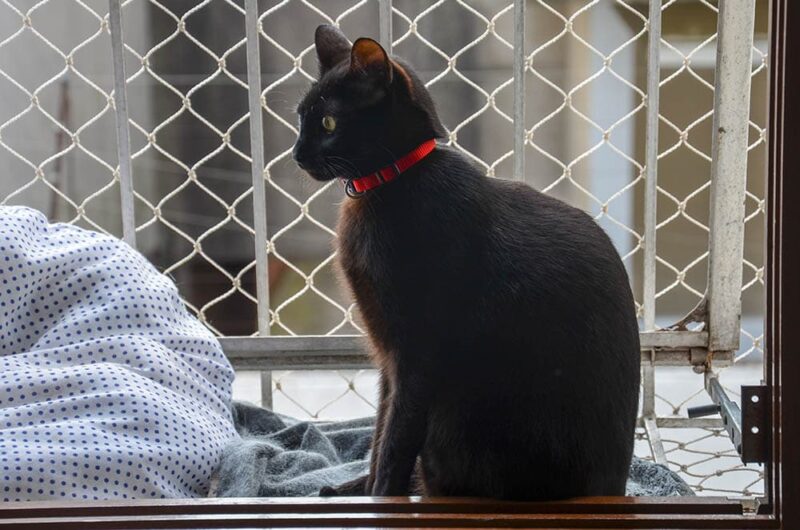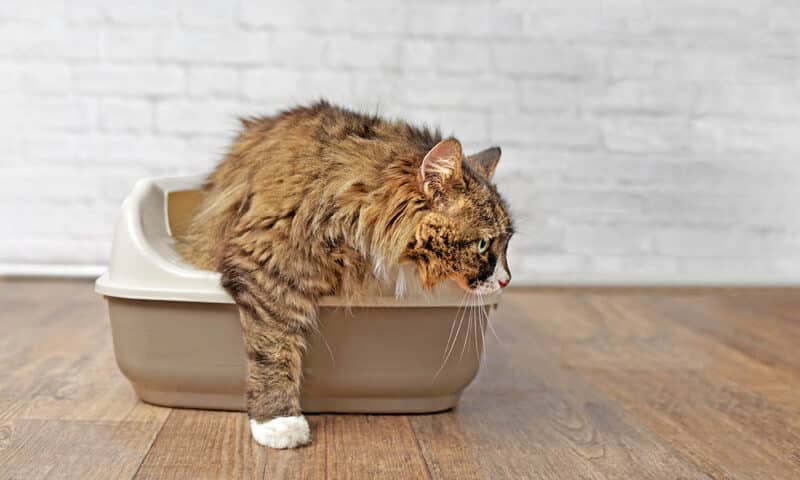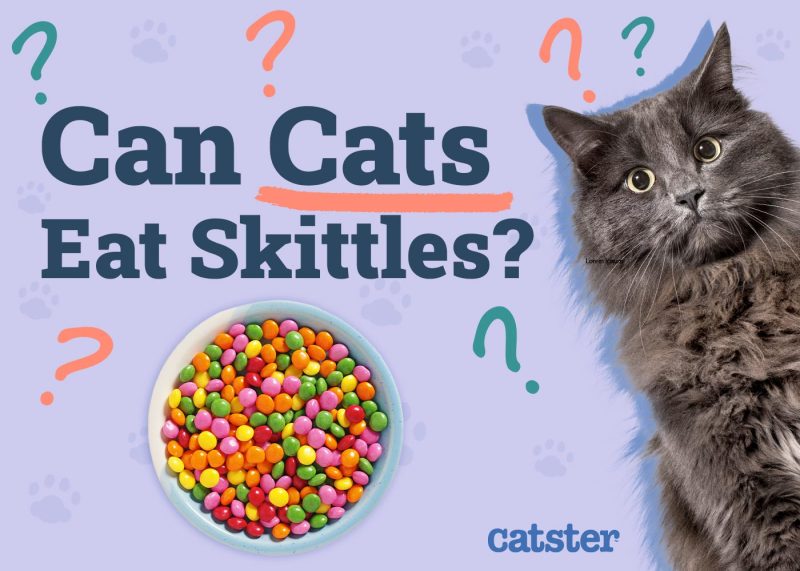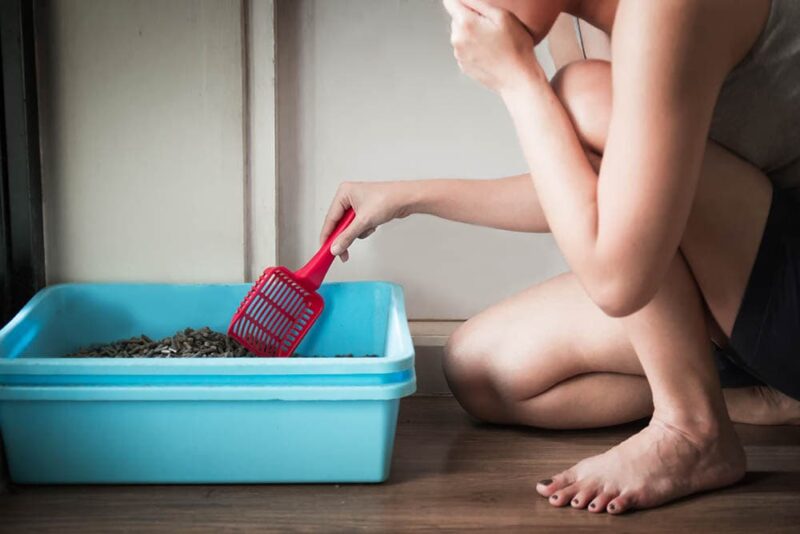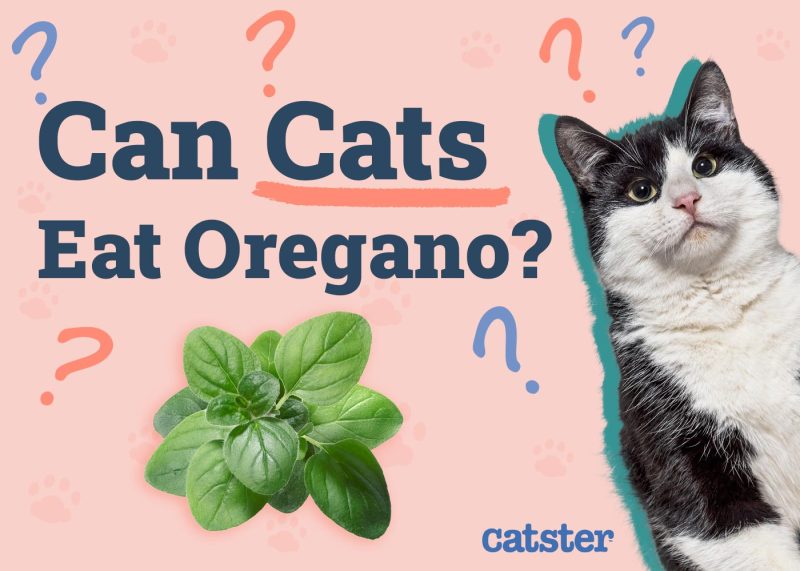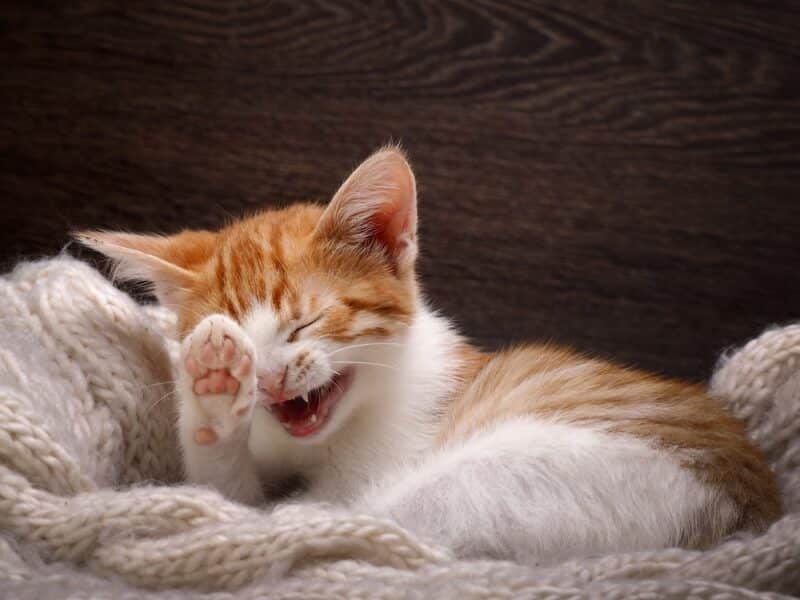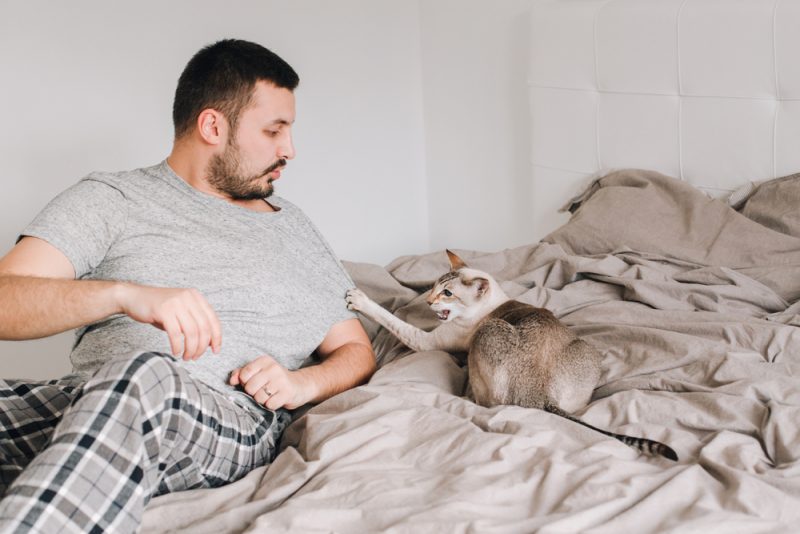In this article
The unfortunate truth of living with cats is that you’ve signed up to live with a pet that will get into everything—plants included. If you have a Christmas cactus in your home, you might wonder if this plant is poisonous to cats. The Christmas cactus is a beloved houseplant for its lovely pink flowers and cascading leaves. This plant is safe for cats to consume, according to the ASPCA’s list of toxic and non-toxic plants. Unfortunately, even though Christmas cactus isn’t innately dangerous to cats, they may still experience some digestive upset from chewing on the plants.
Cats lack the biological makeup to digest large quantities of plant material. So, while many plants are non-toxic for them, they don’t present the same nutritional value that omnivorous and herbivorous animals derive from them. A little nibble of your Christmas cactus won’t harm your cat, but we don’t recommend letting them eat it if you can help it.
 Is Christmas Cactus Healthy for Cats?
Is Christmas Cactus Healthy for Cats?
Christmas cactus may not be toxic for cats, but it’s far from healthy. Christmas cactus doesn’t contain much in nutrition and isn’t included in any significant recipes from any cultures because of it.
Obligate carnivores are animals that naturally consume a diet composed of at least 70% animal proteins. Feeding data on wild and feral cats show that they consume primarily animal proteins.
Cats also have a shorter caecum that is “macroscopically undifferentiated” from the rest of the digestive tract. The caecum is a portion of the intestines home to the gut bacteria that we use to break down plant material. In omnivorous and herbivorous animals, the caecum is pronounced and macroscopically differentiated from the rest of the intestinal tract. Short caecum length has been linked to low plant material consumption in animals.
So, it’s safe to say that cats shouldn’t be eating Christmas cactus, even if it’s not dangerous for them. While it may not be inherently dangerous, nature didn’t design them in such a way that makes eating plants a safe and effective way of obtaining nutrients. So, keep your cat away from your plants if you can!
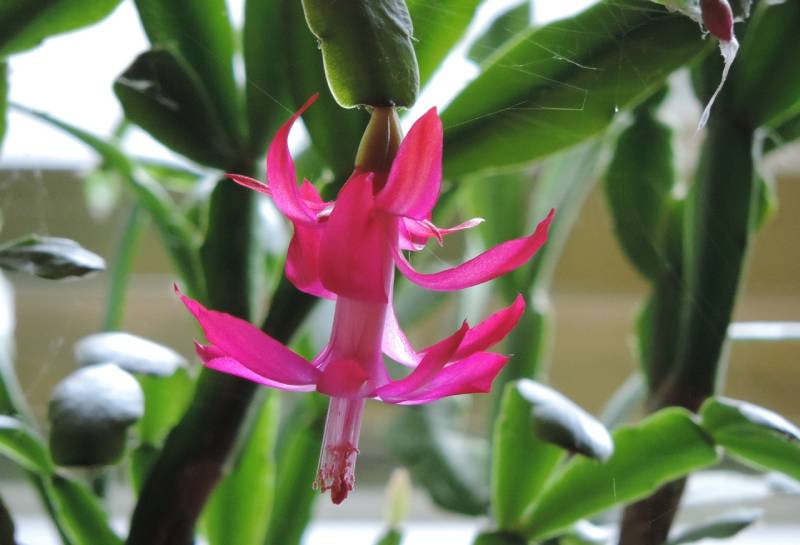
What Plants Are Toxic for Cats?
Many plants contain toxins that can kill your cat when ingested. Since cats are so curious and lead the investigation with their mouths, it’s usually recommended that you keep any non-cat-safe plants firmly out of reach of your cats. These plants could cause severe harm or even death for your cat if ingested.
- Autumn crocus
- Hyacinths
- Daffodils
- Tulips
- Lilies
- Rhododendrons
- Azaleas
- Oleander
- Sago palm
- Dieffenbachia
If you’re ever unsure whether your cat has ingested a toxic plant, check out the ASPCA’s list of toxic and non-toxic plants. The list is non-exhaustive. So, if you can’t find the plant you caught your cat eating, call your veterinarian, as they have the most up-to-date information about plant toxicity.
If you need to speak with a vet but can't get to one, head over to PangoVet. It's an online service where you can talk to a vet online and get the advice you need for your pet — all at an affordable price!

Could My Cat Have Plant Toxicity?
While most plants represent no inherent threat to your cat, some plants are toxic for cats. Additionally, cats can suffer from mild to moderate gastrointestinal distress when they eat too many plants, even if they’re non-toxic since they can’t digest them.
It’s unlikely that your cat will experience toxicity from just eating Christmas cactus. However, it would help if you are looking for these signs, as they indicate that your cat may have ingested plants that are toxic to them:
- Hyacinth: intense vomiting, diarrhea, tremors
- Azalea: vomiting, diarrhea, weakness, cardiac failure
- Tulip: vomiting, depression, diarrhea, hypersalivation
- Sago palm: vomiting, melena, icterus, increased thirst, hemorrhagic gastroenteritis, bruising, coagulopathy, liver failure
- Lily: kidney failure
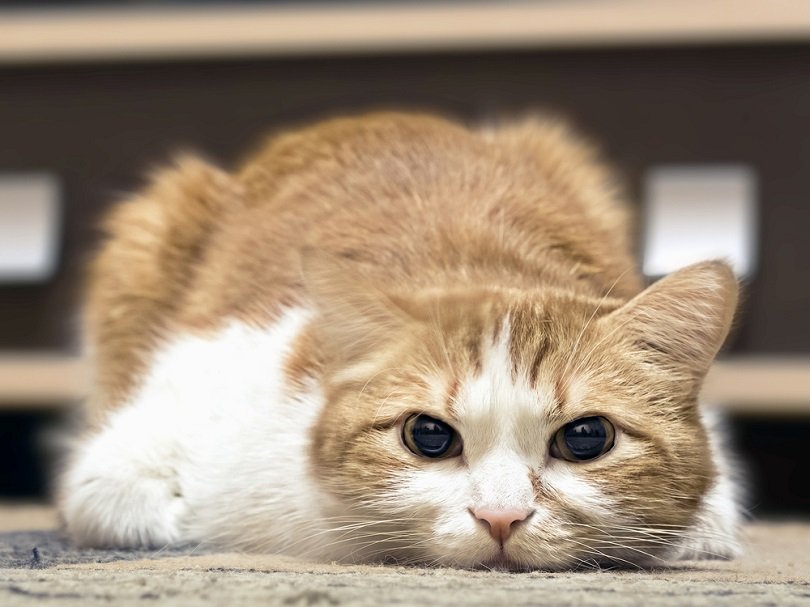
What Are Other Plants Safe for Cats?
While we can celebrate Christmas cactus as safe for cats, prospective plant-owners will want to know what other plants they can beautify their homes with safely. The good news is that many plants are safe for cat ingestion. Your cat probably won’t do more than nibble on the plants in curiosity, but the following plants are safe even if your cat develops a taste for them.
Thyme
If you love to cook, you’ll be pleased to know that many herbs you can grow are safe for your cat to consume. Thyme is non-toxic for cats as long as they only eat a little bit of it. Additionally, lemon thyme is also safe for cats and is famous for its mosquito repelling factor.
Cat Grass
Cat grass isn’t a special kind of grass. Instead, it’s a blend of grass seeds that are safe and even healthy for cats to consume. Grasses such as barley and rye are included in most cat grass kits that allow you to grow a beautiful mini-lawn in a planter.
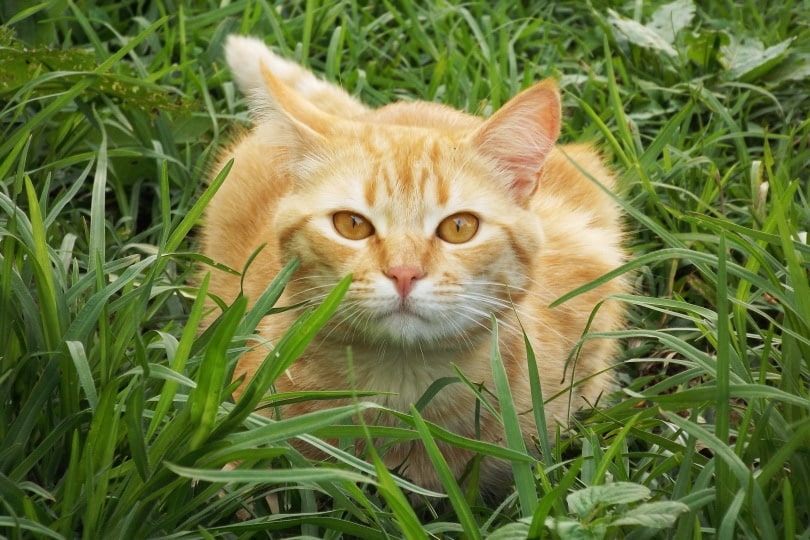
Spider Plant
Spider plants are great because your cat can nibble on them and play with the dangling leaves without fear of your cat becoming ill from them. Spider plants might cause some gastrointestinal upset if your cat gorges themselves on the plant, but as long as they only take a curious nibble or some playtime, there’s no harm in keeping this plant around your cats.
 Final Thoughts
Final Thoughts
While cats may not be biologically designed to eat plants, there are lots of plants that are safe for them when they get curious about the lifestyle of the other side. Christmas cactus is a safe plant that you can keep around your cats, even if they have an omnivorous streak and like to turn your houseplants into a snack. Green-thumbed cat parents have plenty of cat-safe plants, like cat grass, thyme, and spider plants.
If you are unsure whether your cat has ingested a toxic plant or substance, the best bet is to call your veterinarian and see what they say. They will be able to tell you whether your cat needs to be brought in for emergency treatment and guide you in making the best choices for your cat’s continued well-being.
Featured Image Credit: JamesDeMers, Pixsbay
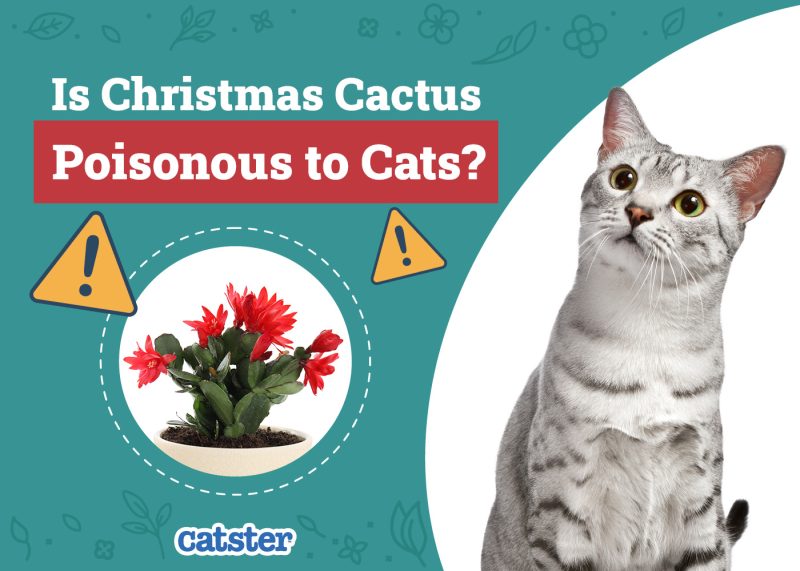
 Is Christmas Cactus Healthy for Cats?
Is Christmas Cactus Healthy for Cats?
